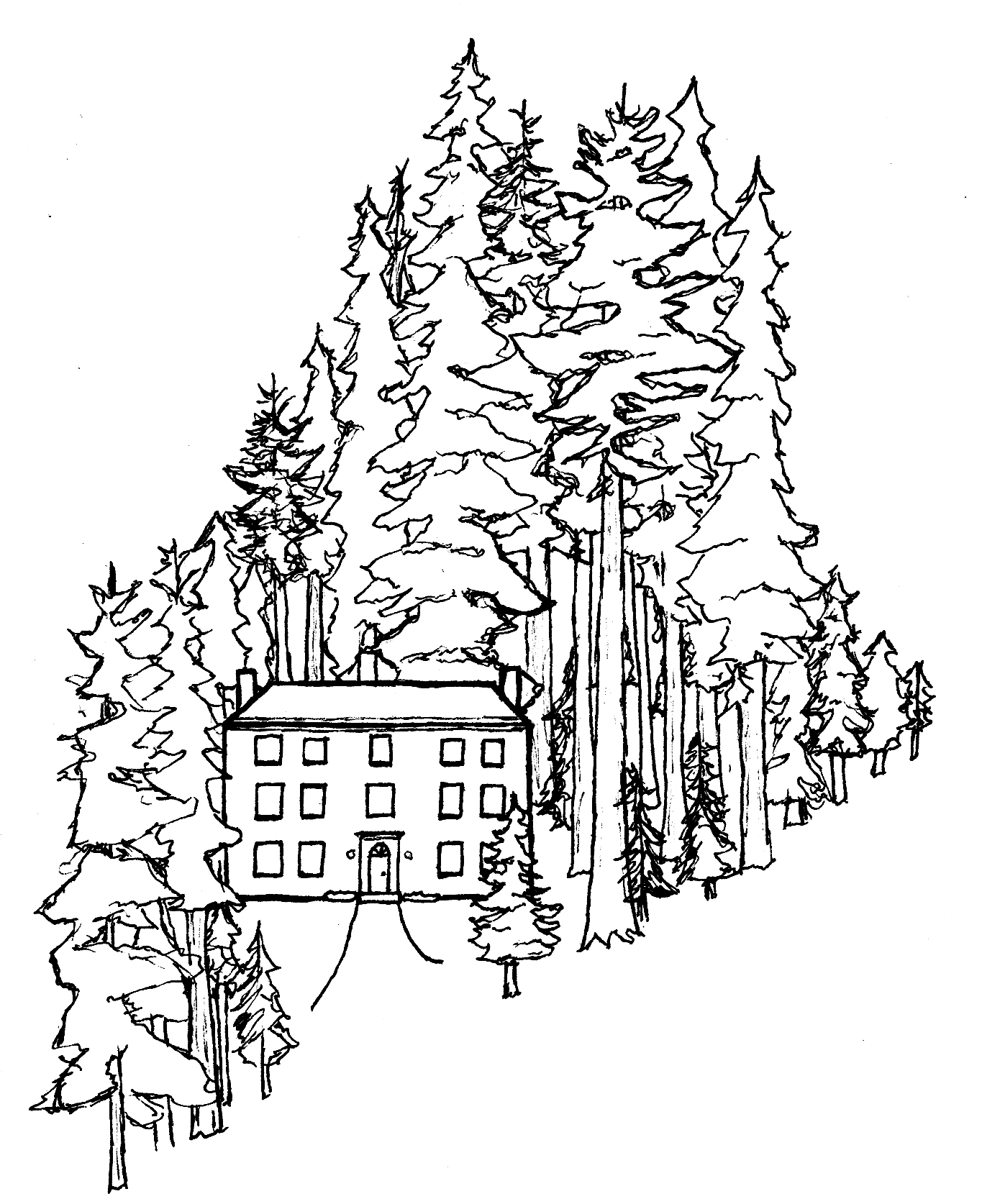Massachusetts Hall and Maine’s Little-known history
September 7, 2018
 This
piece represents the opinion of the author
.
This
piece represents the opinion of the author
.
 Molly Kennedy
Molly KennedyIn April of 2016, in my junior year of high school, I came to Bowdoin on the first stop of a series of college tours that took me across New England. I don’t remember much from that inaugural visit, but I do remember one particular landmark: a small, red brick building on the north end of the quad. My tour guide enthusiastically explained to the parents and prospective students surrounding me that this was Massachusetts Hall, the oldest building on campus, and that its name reflected the fact that Maine was once part of Massachusetts.
This was old news to me. I was born in Maine and have lived here my entire life, and I am well aware of Maine’s historical ties with the Bay State. But to the other college hopefuls, I realized, it was probably just an insignificant bit of trivia. Maybe some of them recognized the connection between Maine’s current independence and the Missouri Compromise of 1820, the only time that our state really shows up in high school history textbooks. But that was a long shot at best. The Pine Tree State is largely invisible in American history, to the point that it is sometimes excluded from maps of the 13 colonies despite its early ties to Boston and the rest of New England. In the minds of many Americans, this Vacationland that we call home seems to have, at some point, simply appeared out of the North Woods, complete with ski resorts, quaint fishing villages, a racist governor, a horror writer and that one Republican senator who occasionally votes with the Democrats.
Of course, this could not be further from the truth. Maine has a rich history spanning thousands of years, from its early habitation by the Wabanaki to the present day. Once, the state we know and love was home to some of the earliest European settlements in North America—the English Popham Colony (1607) and the French settlement on St. Croix Island (1604)—and in the years that followed, it became a key borderland between territories claimed by the British and the French and later between the British and the Americans. Valued for its lumber, the early province of Maine furnished pine masts for British and American ships. As a part of post-revolutionary Massachusetts, it became a center of textile manufacturing—an industry whose vestiges are still visible in Brunswick. Later, as a state, it produced ice for America’s iceboxes and granite for the Washington Monument, not to mention countless hauls of codfish, lobster and other seafood for the nation’s dinner plates. Dirigo—“I lead” in Latin—is a fitting motto for Maine, a state which has often played a key role in national politics, from the Temperance Movement of the nineteenth century, to environmentalism in the twentieth, to the landmark statewide adoption of ranked choice voting in 2016.
These are just some examples from Maine’s storied past, and I’ve deliberately only scratched the surface—even writing this much has seemed like repeating fourth grade, when Maine kids learn all about these sorts of things. With this in mind, I implore those of you here from away to fill in the gaps yourselves. Maine is much more complex than the touristy and backwoods clichés that we often project to the outside world, and an acquaintance with our history is a window into our way of life that episodes of “North Woods Law” and even lobster rolls—no matter how good—just can’t provide.
With a little research, even a seemingly insignificant fact about the oldest building on Bowdoin’s campus becomes part of a broader story, and most importantly, of a more profound understanding of a place that is too often misunderstood. Polar Bears, let this little tour guide anecdote be your starting point to dive into Maine’s history—I promise you won’t be disappointed.

Comments
Before submitting a comment, please review our comment policy. Some key points from the policy: